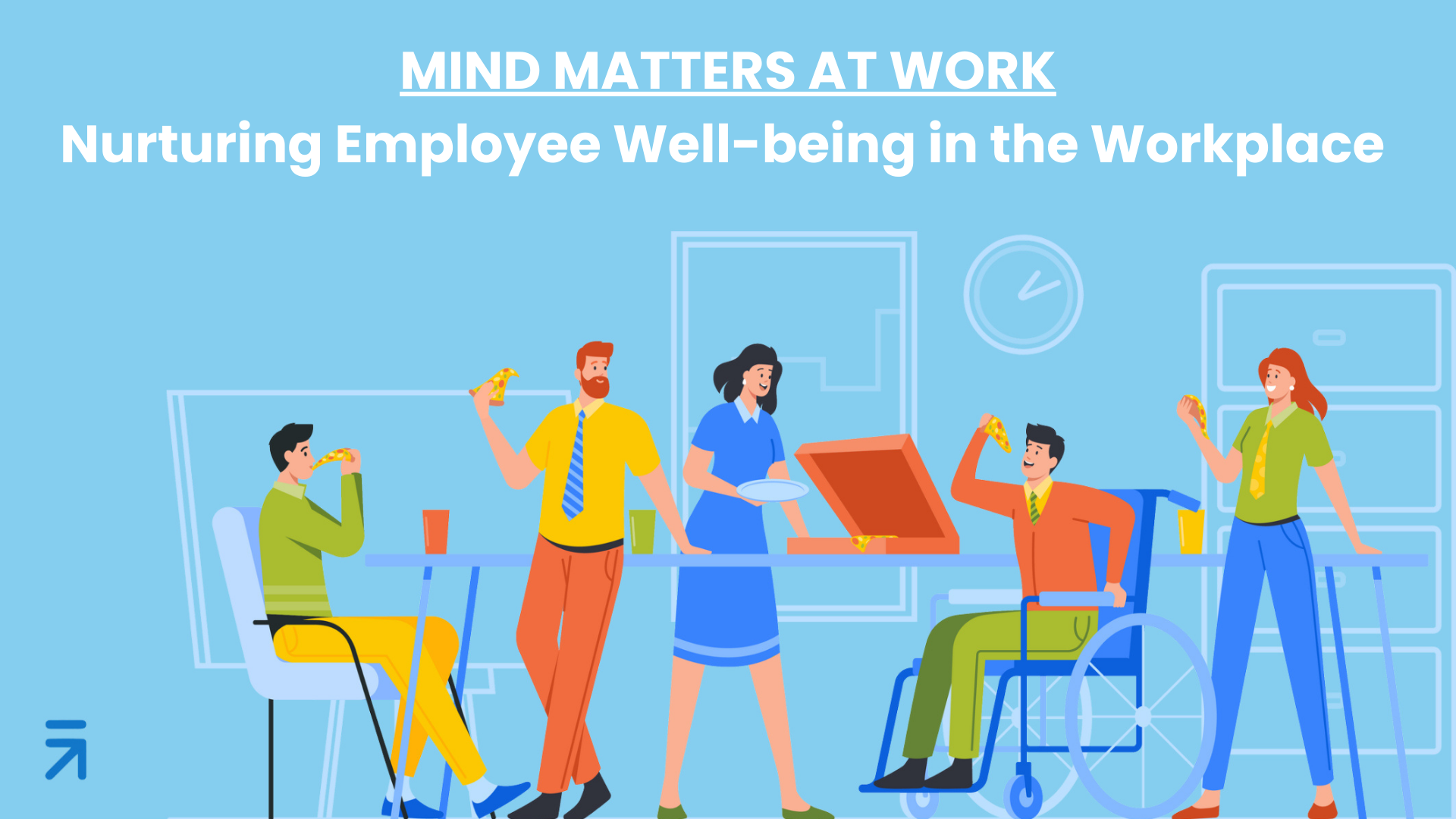“Embrace Your Pace” is more than just a phrase; it is a philosophy for individuals who march to the beat of their own drum. As the seasons transition from the fresh blossoms of April to the sunlit days of June, this ongoing RENPHO series will help to highlight the myriad ways one can embrace a life lived at their own pace.
Resilience, or the process and outcome of adapting successfully to challenging life experiences, may not be the first thing that comes to mind when it comes to improving your health and wellness in the workplace.
As the modern workplace brings constant change, unpredictable hurdles, and high levels of stress, building resilience helps promote well-being and encourages a positive work environment. Resilient employees, at a work-team level, contribute flexibility, adaptability, a sense of fun, and support in the organization, which is a great thing to have in a workplace. Not only does prioritizing resilience benefit individual employees, but it also contributes to the sustainability of companies.
Resilience in the Context of Health and Wellness

Aside from the basic definition, resilience in this context encompasses its physical, emotional, and mental aspects, allowing employees to maintain their overall health.
Mental and emotional resilience involve developing coping mechanisms, emotional regulation strategies, and positive thinking patterns. According to verywellmind, employees with mental resilience count on their mental strength to move forward in adversities, solve problems, and remain hopeful even with setbacks. Resilient employees are also aware of their emotional reactions and tend to regulate their emotions when stressed.
With the physical aspect comes the maintenance of a healthy lifestyle. The OECD defines health resilience as "the ability of health systems not only to prepare for shocks, but also to minimize the negative consequences of such disruptions, recover as quickly as possible, and adapt by learning lessons from the experience to become better performing and more prepared." Resiliency manifests in regular exercise, quality sleep, and a balanced diet. Employees who possess this resiliency could adapt immediately to changes brought by physical demands and illnesses, which aids in the aging process and recovery from physical stress.
Research studies have also found chronic stress, which is detrimental to an individual's health, could be relieved through resilience. In a 2010 article by Zautra, Arewasikporn, and Davis, resilience was defined as involving three distinguishable though often overlapping components: recovery (the body's ability to return to baseline functioning after stress), sustainability (the capacity to continue forward regardless of stressors), and growth (the enhanced adaptation of a body beyond its original functioning levels).
Building Resiliency at Work

Recently, organizations have been recognizing the importance of building resilience among their employees. However, employees could also build their own resilience without having to rely on their employers.
Embracing one’s work pace is a fundamental aspect of building health and wellness resilience. It is a personal journey requiring a balance between pushing oneself and recognizing individual limits. It is important to set realistic goals that align with your work pace. Whether it’s a daily walk, a weekly yoga class, or a monthly check-in with a health professional, these goals should be attainable and flexible. They should account for busy periods at work and personal life changes.
Listening to your body is the best indicator of your wellness needs. If you’re feeling fatigued, it might be a sign to take a break or slow down. On the other hand, if you’re feeling energetic, it might be the right time to challenge yourself with a new workout or a healthier diet. There should be an acceptance that some days will be more productive than others, and that’s perfectly okay. It’s about finding a rhythm that keeps you moving forward without burning out.
Incorporating mindfulness and reflection into your routine can also greatly enhance resilience. During work breaks, take time to meditate, journal, or simply sit quietly for a few minutes each day. This could help you become more aware of your thoughts and feelings, allowing you to manage stress and anxiety more effectively. It also provides an opportunity to celebrate small victories and reflect on areas for improvement, which is crucial for long-term wellness.
Moreover, surrounding yourself with people who understand and support your pace and wellness goals is important, such as friends, family, or a community of like-minded individuals. Having a solid support system provides encouragement and accountability, making it easier to maintain resilience when faced with challenges. Remember, building health and wellness resilience is not a race; it’s about making consistent, positive choices that contribute to your overall health and well-being.
Renpho Health Tips
-

Mind Matters at Work: Embracing Your Unique Work Tempo
May 29, 2024
Read more >
-

Mind Matters at Work: Nurturing Employee Well-being in the Workplace
May 20, 2024
Read more >
-

A Guide to Emergency Preparedness: Building a Family Emergency Health Kit
May 28, 2024
Read more >
-

RENPHO Viral Social Media Roundup (May 2024)
May 27, 2024
Read more >
-

RENPHO Chats: How ShopWithJoshy’s Genuine Approach is Revolutionizing TikTok
February 7, 2024
May 20, 2024




































